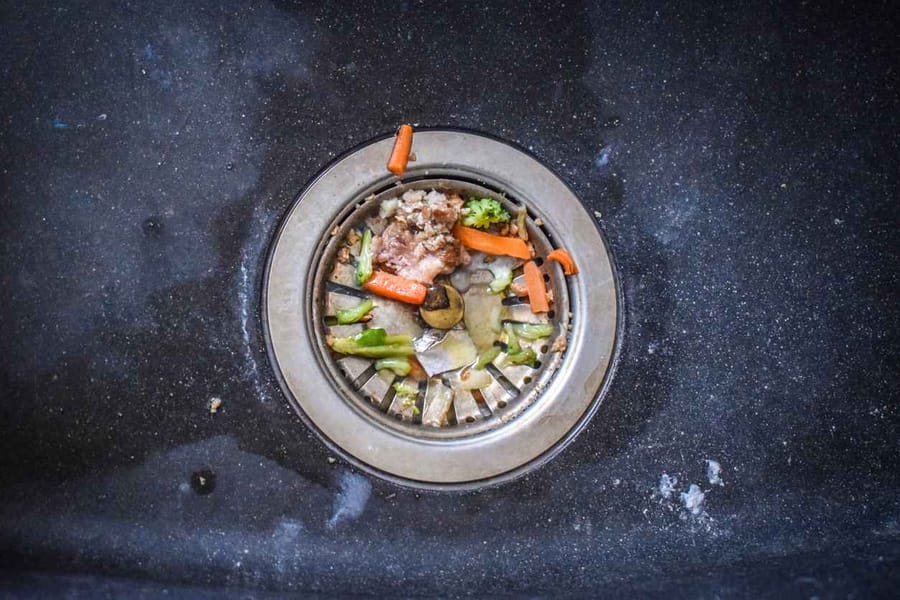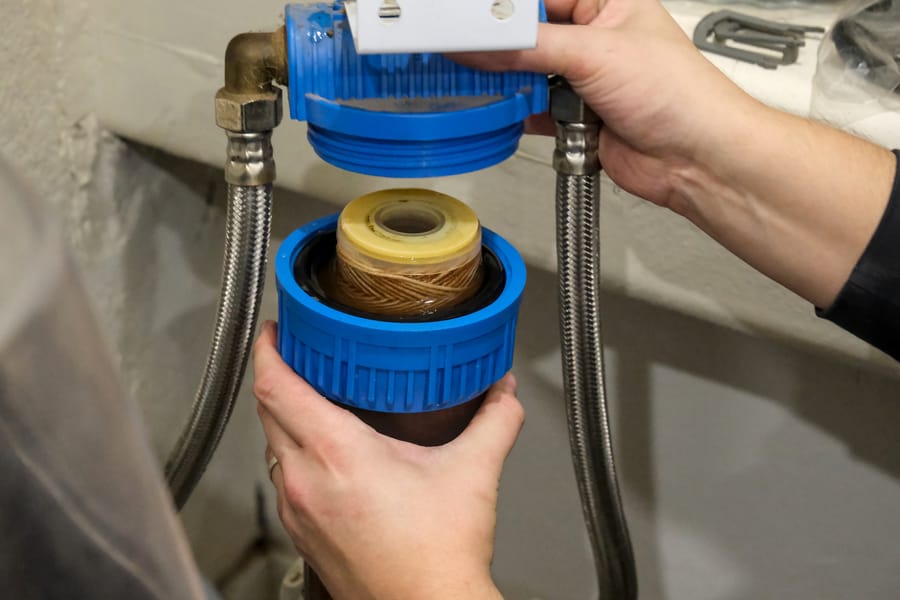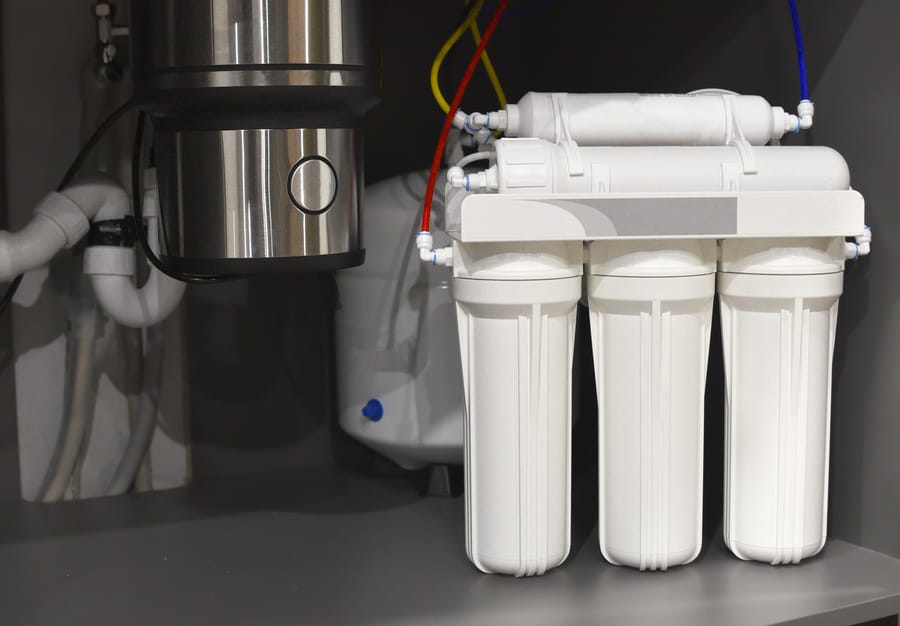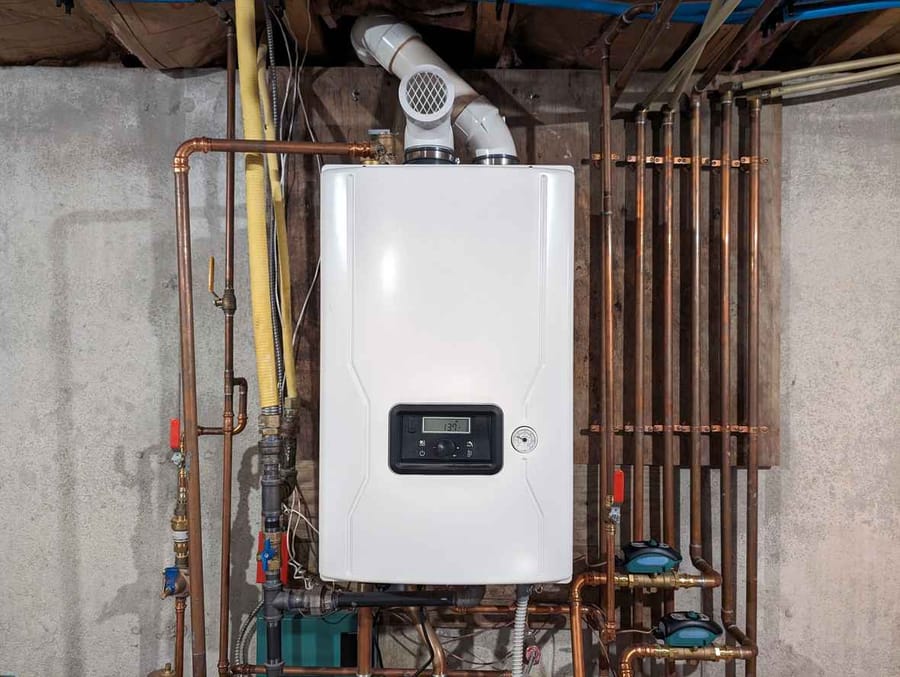Serving the Greater Tampa Bay Region
How to Prevent Clogged Drains in Your Tampa Home

Clogged drains are a common problem for Tampa homeowners, thanks to the area’s warm climate, heavy humidity, and year round water use. Whether it is slow draining sinks, standing water in the shower, or unpleasant smells coming from the kitchen drain, these issues often start small but can quickly turn into major plumbing headaches if left unchecked.
Florida’s unique environment plays a big role in how quickly drains develop buildup. High humidity encourages mold and organic residue, Tampa’s hard water leaves behind mineral deposits, and outdoor activities often bring sand and debris into the home. Combined with older plumbing found in many neighborhoods, these factors increase the likelihood of repeated drain problems.
The good news is that most clogged drains can be prevented with simple, consistent habits. This blog explains why Tampa homes face more drain issues than those in other regions and offers practical steps you can take to keep your sinks, tubs, and sewer lines flowing freely. With the right maintenance, you can avoid backups, save money on repairs, and extend the life of your plumbing system.
Why Tampa Homes Experience Frequent Drain Clogs
Tampa’s climate and environment create the perfect conditions for drain problems to develop more often than in many other parts of the country. From humidity to hard water, several regional factors contribute to buildup inside pipes, making preventive care even more important for local homeowners.
High Humidity Encourages Organic Buildup
Tampa’s high humidity levels make it easier for soap scum, hair, body oils, and food residue to cling to the inside of pipes. Over time, this sticky buildup traps additional debris and slows the flow of water. Bathrooms and kitchens are especially prone to this issue, since warm, moist air creates ideal conditions for residue to harden and accumulate.
Hard Water Leaves Mineral Deposits Behind
Much of Tampa has moderately hard to hard water. As water flows through your plumbing, minerals like calcium and magnesium cling to the inside of drains, narrowing the diameter of the pipe. This mineral scaling makes it easier for grease, soap, and other debris to collect, accelerating clog formation.
Sand and Outdoor Debris Enter the Home Easily
Trips to the beach, time spent in the yard, and Florida’s frequent rainstorms all increase the amount of sand and dirt that gets washed down household drains. Sand does not dissolve in water, and once it settles in plumbing lines, it becomes a major contributor to blockages.
Older Plumbing Systems Struggle More
Many Tampa neighborhoods have older homes with aging drain lines. Cast iron pipes, common in older construction, rust and flake internally, reducing water flow and catching passing debris. Even PVC drains can shift, sag, or become misaligned over time, making clogs more likely.
Heavy Year Round Water Usage Increases Wear
Unlike colder states, Florida homeowners use plumbing systems at full capacity year round. More showers, more laundry cycles, and more kitchen use mean more opportunities for buildup to form inside pipes.
Kitchen Drain Prevention Tips
Kitchen drains handle everything from cooking residues to dishwater, which makes them one of the most common sources of clogs in Tampa homes. By adopting a few simple habits, you can keep grease, food debris, and soap buildup from blocking your plumbing system.
Avoid Pouring Grease, Oils, and Fats Down the Drain
Grease is one of the biggest contributors to kitchen drain clogs. Even if it goes down as a liquid, it cools inside your pipes and solidifies. This sticky residue traps food particles and quickly forms a stubborn blockage. Instead, pour cooled grease into a disposable container and throw it in the trash.
Use a Sink Strainer to Catch Food Debris
A high quality sink strainer prevents small food scraps from entering the drain and accumulating in the pipes. This simple, inexpensive tool reduces the risk of clogs and helps keep your garbage disposal running smoothly.
Run Hot Water After Using the Sink
After rinsing dishes or washing pots and pans, run hot water for several seconds. This helps break down soap residue and moves oils and minor debris through the piping before they settle and harden.
Clean Garbage Disposals Regularly
Your garbage disposal can develop buildup from food fragments, grease, and soap. Clean it regularly by grinding ice cubes, citrus peels, or using a disposal cleaning product. This helps maintain blade sharpness and improves overall drain flow.
Never Put Fibrous or Starchy Foods in the Disposal
Foods like celery, corn husks, onion skins, pasta, potato peels, and rice expand or tangle inside the drain. These materials often wrap around disposal blades or swell in the pipes, leading to instant blockages. Always throw these items in the trash or compost instead.
Bathroom Drain Prevention
Bathroom drains are some of the most frequently clogged plumbing lines in Tampa homes. Hair, soap scum, hard water minerals, and hygiene products all contribute to buildup that can lead to slow drains or complete blockages. With a few preventive habits, you can keep bathroom plumbing flowing smoothly.
Install Hair Catchers in Showers and Tubs
Hair is one of the most common causes of bathroom drain clogs. A simple hair catcher or drain screen traps strands before they enter the pipes. Clean it regularly to prevent buildup and improve water flow.
Limit Soap Scum Buildup With Routine Cleaning
Bar soaps and body washes leave behind residue that becomes sticky when combined with Tampa’s humidity. This residue collects inside pipes and traps additional debris. Regularly cleaning shower walls, tubs, and sink drains helps reduce scum formation.
Prevent Toothpaste and Cosmetic Product Buildup
Thick toothpaste, makeup residue, acne products, and hair styling gels can coat bathroom drains. Rinse sinks thoroughly after use and avoid washing large amounts of cosmetic products down the drain.
Keep Flushable Wipes and Hygiene Items Out of Toilets
Even products labeled “flushable” do not break down quickly enough to move through plumbing lines without causing problems. Paper towels, cotton swabs, feminine hygiene products, dental floss, and wipes should always be thrown in the trash. These items get stuck in bends of the pipe and block proper flow.
Whole Home Drain Care Habits
Keeping your Tampa home free of clogs requires more than just kitchen and bathroom maintenance. A few whole home habits can dramatically improve drain health, extend the lifespan of your plumbing system, and reduce the need for emergency service calls.
Flush Drains Regularly With Safe Cleaning Solutions
Pouring hot water down your drains once a week helps break down grease, soap residue, and small blockages before they harden. You can also use a natural mixture of baking soda and vinegar to keep pipes clear without damaging them. Avoid mixing homemade solutions with chemical cleaners, as this can create dangerous reactions.
Avoid Chemical Drain Cleaners
Many store bought drain cleaners contain harsh chemicals that corrode pipes, especially older plumbing systems common in Tampa. These cleaners may clear a blockage temporarily but often cause long term damage. It is safer to use enzyme based cleaners or schedule a professional drain cleaning if you experience recurring problems.
Know What Not to Put Down Any Drain
Some household items should never go down your drains, including:
-
Coffee grounds
-
Grease and oil
-
Kitty litter
-
Paint, adhesives, or chemicals
-
Eggshells
-
Fibrous foods
Keeping these materials out of your drains helps avoid stubborn clogs and pipe damage.
Schedule Routine Professional Drain Cleaning
Even with good habits, drains can develop buildup over time. Scheduling a routine drain cleaning every one to two years helps remove hidden debris, prevent major blockages, and keep your plumbing system functioning at peak performance.
Pay Attention to Early Warning Signs
Catching small issues early prevents bigger problems down the road. Slow draining sinks, bubbling sounds in pipes, and unusual odors are all signs that your drains may need attention before a clog forms.
Keep Your Tampa Drains Flowing Smoothly All Year Long
Clogged drains can disrupt daily routines, damage plumbing, and lead to costly repairs if ignored. Tampa’s unique combination of humidity, hard water, sand, and older plumbing systems makes preventive care essential for avoiding unexpected blockages. By following simple habits in the kitchen, bathroom, and throughout your home, you can significantly reduce buildup and keep water flowing in the right direction.
Whether you are flushing drains regularly, installing protective strainers, or being mindful of what goes down your pipes, small changes go a long way toward protecting your plumbing system. Staying proactive also helps you catch early warning signs before they become emergencies.
If you are experiencing recurring clogs or want professional help maintaining your drains, Formula Plumbing is here to assist. Our team provides expert drain cleaning, diagnostics, and long term solutions tailored to Tampa’s plumbing challenges.
Schedule your drain inspection today and enjoy a cleaner, more reliable plumbing system year round.





